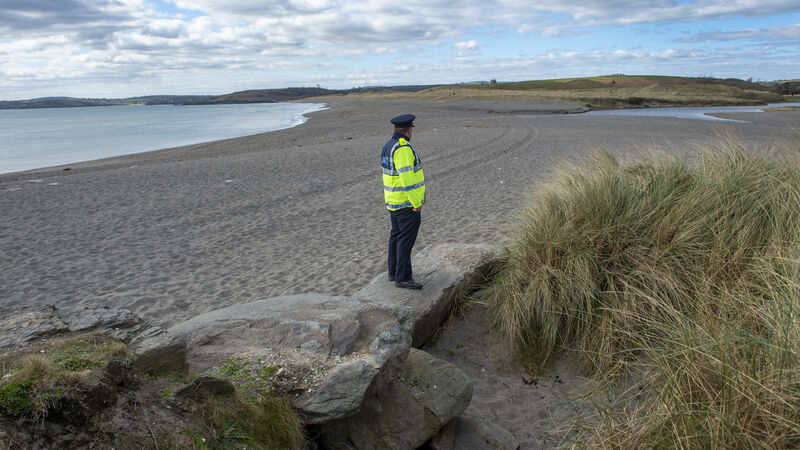Timeline of a pandemic: How Covid-19 changed our way of life

Almost all Covid measures, including the need for a Digital Covid Certificate for bars and restaurants, the 8pm curfew, and other social distancing rules will come to an end tomorrow morning. File picture: Dan Linehan
In an early morning and unexpected press briefing in Washington, then Taoiseach Leo Varadkar told the waiting media: "I need to speak to you about Coronavirus and Covid-19."










